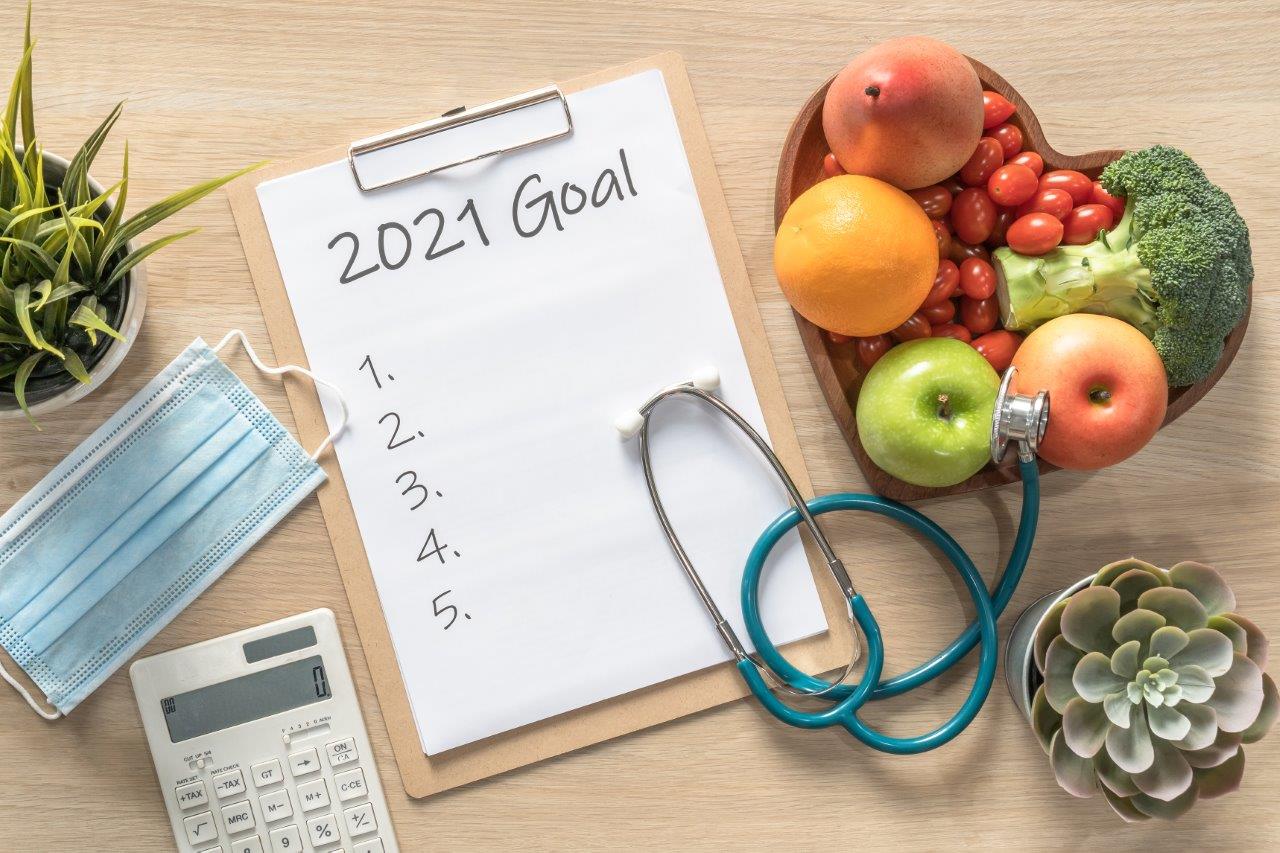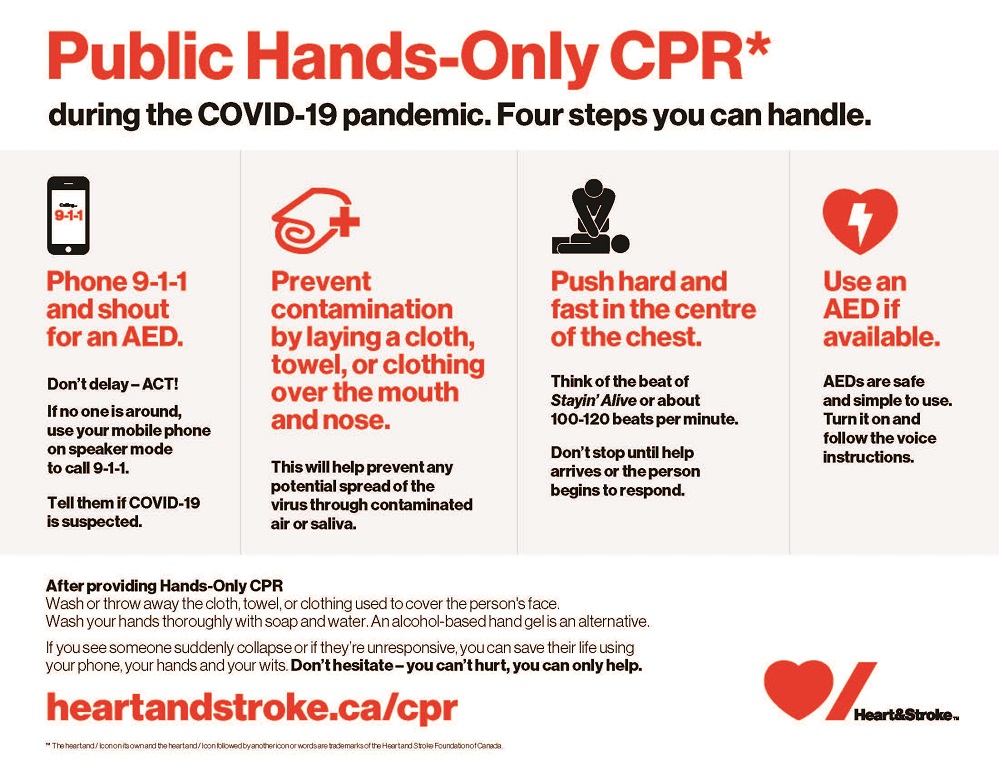Health care providers across PHSA and province-wide work hard to continue providing safe and high-quality cardiac care throughout the pandemic. Many PHSA programs work together with B.C.'s regional health authorities to provide oversight, coordination, care, support, education and awareness to heart patients and their families, medical professionals, students and other stakeholders throughout the province.
Don’t hesitate to call 9-1-1 at the first signs of a heart attack. Heart attacks are medical emergencies that need to be addressed as soon as you recognize symptoms.
"With the ongoing pandemic and outbreaks throughout the Province, we know many people have been avoiding hospitals, even if they're having symptoms of chest pain or shortness of breath," said Dr. Sean Virani, Provincial Medical Director at Cardiac Services BC. "But, delaying access to clinical care can be life-threatening or life-altering."
Signs of a heart attack can vary and may be different for men and women and include chest discomfort (pressure, squeezing, fullness or pain, burning or heaviness), sweating, upper body discomfort (neck, jaw, shoulder, arms, back), nausea, shortness of breath, and light-headedness.
The most common heart attack sign is chest pain or discomfort, but women can experience a heart attack without chest pressure.

If you experience or witness any of these heart attack signs, call 9-1-1, stop all activity, take nitroglycerin if possible, and chew ASA (for example, Aspirin).
Sudden cardiac arrest happens when a person’s heart unexpectedly stops beating, and signs of a cardiac arrest are a sudden collapse, unresponsiveness to touch and sound, and not breathing or making gasping sounds. If you see these signs, call 9-1-1 right away, shout for a defibrillator and start CPR.

Over the last year, data from across Canada and the world have shown that people who needed emergency heart care were staying away from hospitals.
In British Columbia, Cardiac Services BC, Stroke Services BC and BC Emergency Health Services saw a drop in critical cardiovascular presentations and subsequent interventions in 2020 compared to 2019.
"During the pandemic we've noticed a decline in emergency room visits for stroke, cardiac arrest and heart attack" added Dr. Virani.
"This is distressing as we have no evidence to suggest that fewer heart attacks or strokes are actually happening in our province compared to last year."
 Life during COVID-19 can be stressful, and now it’s more important than ever to maintain and build your heart-healthy habits. The benefits are two-fold, because the same healthy behaviours that can strengthen people’s defences against COVID-19 also reduce long-term risks from cardiovascular disease itself.
Life during COVID-19 can be stressful, and now it’s more important than ever to maintain and build your heart-healthy habits. The benefits are two-fold, because the same healthy behaviours that can strengthen people’s defences against COVID-19 also reduce long-term risks from cardiovascular disease itself.
You’ve likely heard these all before, but it’s worth repeating that powerful steps to improve heart health include:
- Maintain a healthy body weight
- Eat a healthy diet that includes at least five vegetables and fruits a day
- Be physically active
- Lower high blood pressure
- Properly manage diabetes
- Reduce blood cholesterol
- Limit alcohol use
- Be smoke-free
- Reduce stress
If you are living with a heart condition - such as heart failure, sharply elevated high blood pressure, heart valve disease or heart rhythm issues - it’s also vital to seek care when you need it. If you are experiencing symptoms or have any worries about your condition, contact your clinic or doctor's office.
Each year, an estimated 35,000 cardiac arrests occur in Canada. The vast majority happen in public places or at home, and few people survive. But survival rates double if someone performs CPR and uses an automated external defibrillator (AED).
Even during a global pandemic like COVID-19, it is important to remember that when a heart attack occurs, getting the right care fast is critical. But, there’s understandable concern about the risk of a bystander contracting COVID-19 from a person when providing CPR or using an AED.
The Heart and Stroke Foundation has updated the usual Hands-Only CPR procedure to reduce risks during the COVID-19 pandemic.
If you encounter a person who may be in cardiac arrest and you feel comfortable helping the person while reducing the risk of COVID-19 transmission you should apply the following modified CPR steps.

Cardiac Services BC works to ensure all British Columbians have access to the best possible cardiac care by working with the health authorities to improve the way cardiac services are managed and accessed throughout the province. It also ensures quality access and sustainability within B.C.'s cardiac care system and promotes knowledge translation and system transformation.
